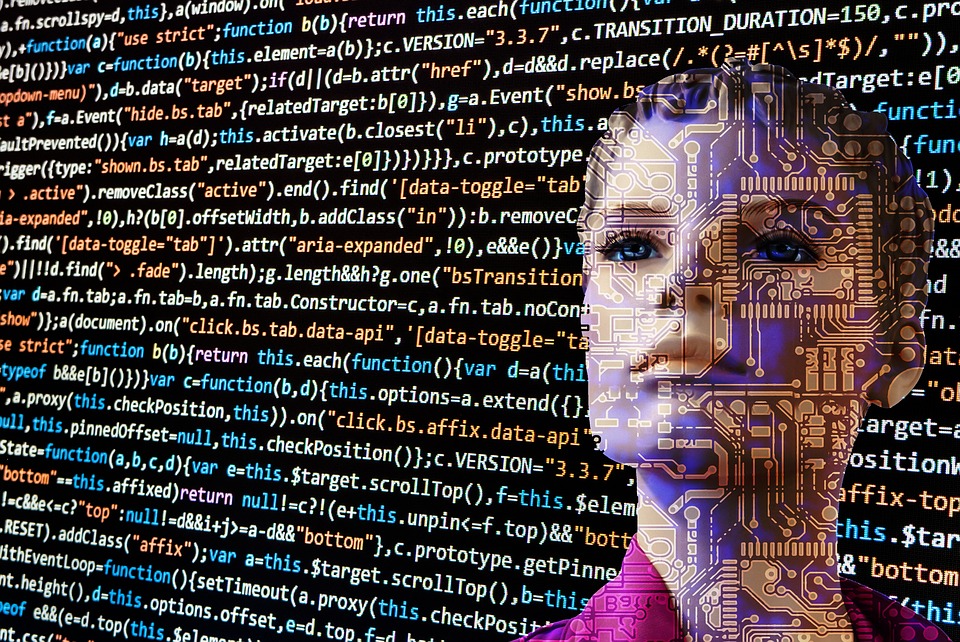Artificial Intelligence (AI) is the simulation of human intelligence by machines, mainly computers. AI was developed in 1956, and today it encompasses everything from robotic process automation to actual robotics. AI processes can include learning, reasoning, self-correction, voice recognition and machine vision.
There are currently two types of AI – weak and strong. Weak AI can perform a particular task – much like Apple’s Siri or Cortana do. Strong AL is when a system actually possesses human cognitive abilities so that it can find a solution when presented with an unfamiliar task.
Are you wondering how AI will change the future? There are any number of ways:
- AI has recently gained more recognition due to an increase in the size and types of data that businesses collect. In certain instances – as with searching through large databases – AI is faster and more effective than people, enabling business to perform more effectively.
- Much like with business, manufacturing can become more efficient with AI, incorporating robots into workflow for faster and more efficient results.
- In healthcare, AI could improve patient outcomes and reduce costs with faster and better diagnosis.
- Within education, AI could customize instruction for each student, automate grading and tutor students.
- Lawyers would no longer have to sift through countless documents during the discovery process if AI were implemented.
- Heck, self-driving vehicles have even ALREADY been developed!
These are just a few of the possibilities. Forrester actually predicts that AI will replace 16% of jobs over the next decade.


